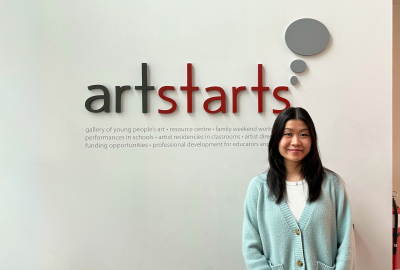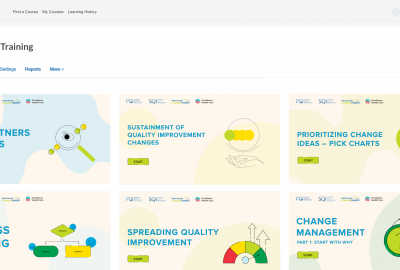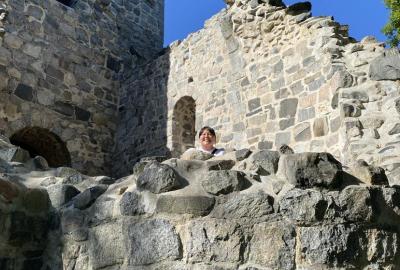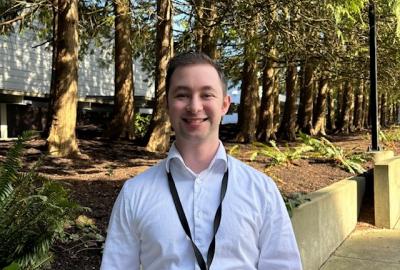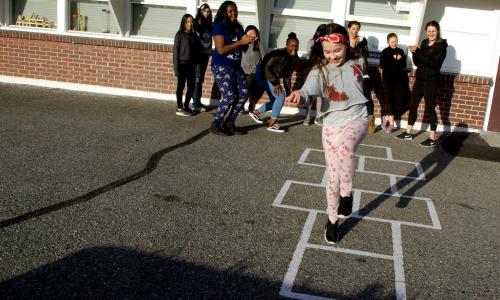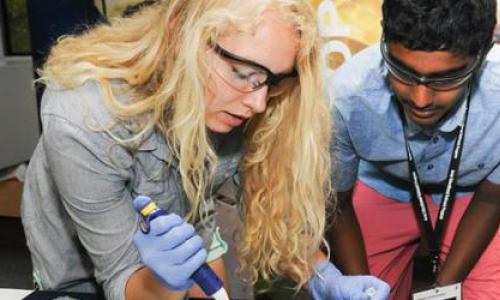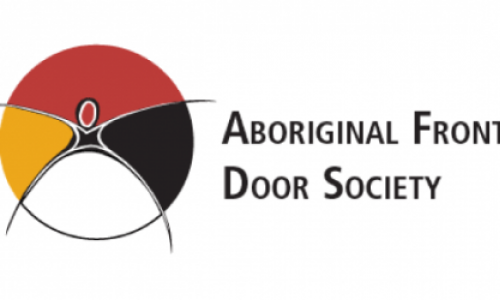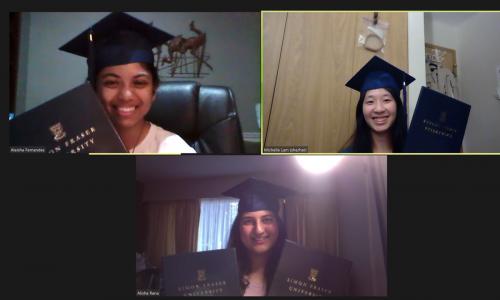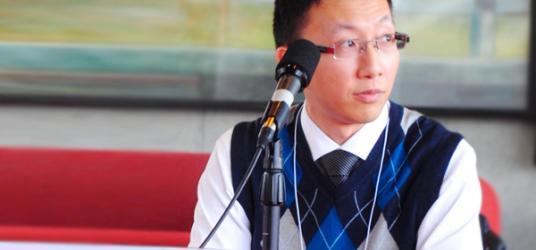
Oftentimes, students see volunteering and the classroom as two separate things. However, with the right planning, volunteer work can in fact enhance what you learn at university.
Take Chris Lo, an SFU alumnus, as an example of someone whose volunteer experiences have been a great addition to his education.Just like Shawna Lum, I first met Chris at Peer Into Your Career where, as one of the panelists, he talked about how his experience as a Career Peer Educator perfectly complemented his HR education from the SFU Business faculty. The volunteer position included many hours of training involving résumé-writing and mock interviews, and so it allowed Chris to apply what he learned in courses such as Human Resource Management and Recruiting & Selection.
Because of his experience working for the City of Burnaby, Chris was also one of the panelists invited to What Can I Do In Government, a signature event co-hosted by SFU Career Services and Arts and Social Sciences Co-op. At that event, Chris once again highlighted the importance of gaining volunteer experiences while you’re still a student regardless of your career goals. To paraphrase the point that Chris made – securing a government job is a competitive process, and volunteer work may give you that extra edge you need to be successful.
Given that Chris has a wealth of experiences – he did seven Co-op terms! – I was curious about how his experience as a Career Peer Educator helped him in getting his career on the fast track. He took some time from his busy schedule to answer some questions about the program.
What are some of the skills you’ve developed through the Peer Educator program?
I had received extensive training in order to assist students and recent alumni one-on-one with creating resumes and cover letters, techniques for successful interviews, networking advice and referring them to the appropriate career resources. This helped to develop my interpersonal and presentation skills.
Did the position meet your expectations? What aspects of the position surprised you the most?
Yes, the position met my expectations and more. Since I had never fully utilized all the services at SFU, I was surprised at the number of resources and training opportunities available for a Peer Educator.
What’s the most rewarding part about being a Career Peer Educator?
I found the work quite fulfilling in helping others to achieve success in improving on their resume or cover letters and getting them on track with their career goals. The knowledge gained also helped in my own career.
From your personal experience, how much time commitment does being a Career Peer Educator entail?
The volunteer position required about 3-5 hours per week in the Fall and Spring semesters.
Could you talk about some of the challenges that Career Peer Educators may face? How did you overcome these challenges?
I don’t remember encountering any challenges; however, sometimes we might get asked career-related questions that we are unable to answer. In these situations, we would either try to do some research and get back to the student later on, or refer them to a Career Advisor.
Besides Co-op Education and the Peer Programs, what other steps did you take to prepare for your career?
I would take some time on my own to do networking, research and read up on anything relevant to my field of work.
Chris provides a great example of how finding the right volunteer opportunities can enhance your education while also empowering you to help others. Visit Symplicity or read the articles on this blog regularly if you’d like to find the best volunteer opportunity for you. To get involved with SFU Peer Programs, check their official website for more information on the various positions available.

